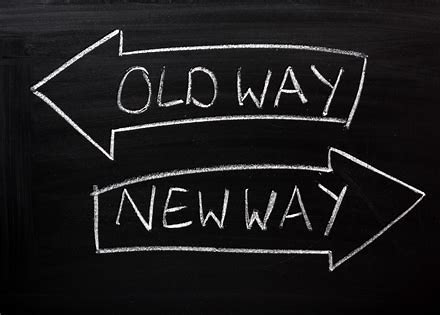In the ever-evolving landscape of the modern workplace, learning and development (L&D) have taken center stage as integral components of organizational success. As technology advances and the dynamics of work change, staying at the forefront of the latest L&D techniques is crucial for cultivating a skilled and adaptable workforce. In this article, we will explore cutting-edge approaches and trends reshaping the future of workplace training.
Virtual Reality (VR) and Augmented Reality (AR) Transformations: Immersive Learning Experiences
One of the most impactful trends in learning and development is the integration of virtual reality (VR) and augmented reality (AR). These technologies offer immersive learning experiences, allowing employees to engage with realistic scenarios and simulations. From hands-on skill development to complex problem-solving, VR and AR redefine traditional training methods, providing a dynamic and interactive learning environment.
Microlearning: Bite-sized Knowledge for Maximum Impact
Microlearning has gained prominence as an effective technique for delivering targeted and digestible content. Short, focused learning modules cater to the modern learner's preference for quick and easily accessible information. This approach enhances retention and application of knowledge, making it particularly valuable for continuous and on-the-go learning.
Adaptive Learning Platforms: Personalized Development Journeys
Adaptive learning platforms leverage artificial intelligence (AI) algorithms to tailor learning experiences to individual needs. These platforms analyze user performance, preferences, and capabilities to deliver personalized content and assessments. By adapting to each learner's pace and style, adaptive learning maximizes the efficiency and effectiveness of training initiatives.
Gamification: Making Learning Engaging and Fun
Gamification injects elements of competition, rewards, and interactivity into learning modules, transforming training into an engaging and enjoyable experience. Incorporating game-like features, such as points, badges, and leaderboards, motivates employees and fosters a competitive yet collaborative learning culture.
Social Learning Networks: Collaborative Knowledge Sharing
Social learning networks leverage the power of collaboration and peer-to-peer knowledge sharing. Platforms that facilitate discussions, forums, and real-time interactions enable employees to learn from each other's experiences. This communal approach enhances engagement, encourages networking, and builds a sense of community within the organization.
Blended Learning Models: Integrating Traditional and Digital Approaches
Blended learning combines traditional classroom instruction with digital resources and online modules. This hybrid approach allows organizations to capitalize on the strengths of both in-person and virtual learning. Whether through workshops, e-learning courses, or on-the-job training, blended learning models offer flexibility while maintaining the benefits of face-to-face interactions.
Wrapping it up
Leveraging training technology and new trends is imperative to stay on top of potential workforce gaps. Remote workforce dynamics require a solid learning technology plan so that you can lead the future of work in your organization.
Latest posts by Tresha Moreland (see all)
- Navigating Ethical Dilemmas in Organizations - April 28, 2024
- Recession 2008 Versus 2024: Lessons Learned and Key Workforce Differences - April 24, 2024
- Why Layoffs Fall Short: Embracing a Holistic Approach to Cost Savings - April 21, 2024













